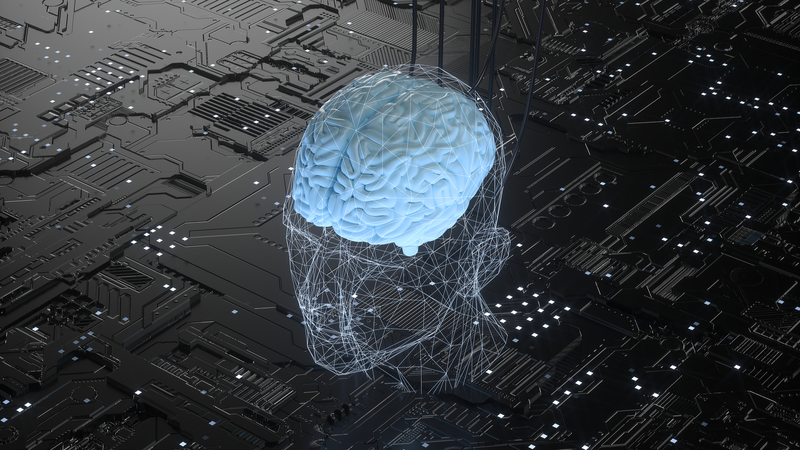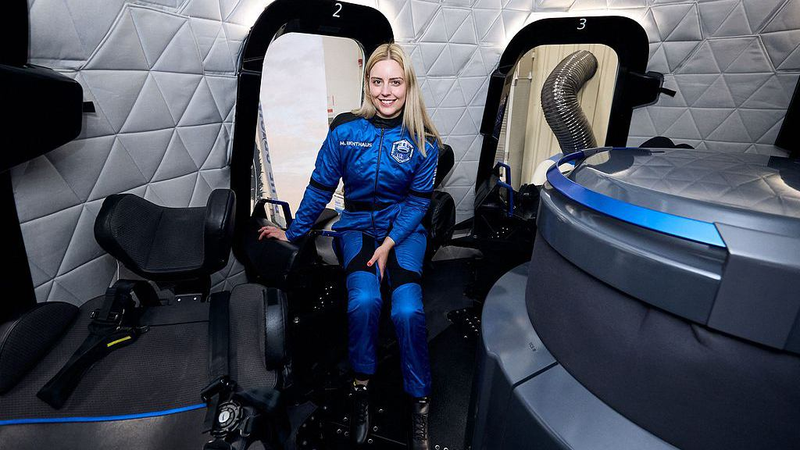Scrolling through late-night feeds under a glowing screen or wandering beneath streetlamps might feel harmless—but a new study suggests it could be more than an annoying habit. Researchers have found that exposure to artificial light at night can reshape our brain circuits and spike depression-like behaviors.
The findings, published in Proceedings of the National Academy of Sciences, come from experiments on tree shrews—a diurnal mammal closely related to primates—conducted by teams at the University of Science and Technology of China, the Kunming Institute of Zoology of the Chinese Academy of Sciences, and Hefei University. Over three weeks, the animals were exposed to two hours of blue light each night. The result? A 20% drop in sucrose preference (a telltale sign of anhedonia), reduced exploration, and memory deficits.
Diving deeper, scientists mapped a previously unknown neural pathway: specialized retinal ganglion cells transmit light signals directly to the perihabenular nucleus (pHb). From there, signals flow to the nucleus accumbens—a key hub for mood regulation. When pHb neurons were chemically silenced, the tree shrews no longer showed depressive behaviors under nighttime illumination.
RNA sequencing also revealed that chronic light disrupted activity in depression-related genes, hinting at lasting effects. As screens and urban glow blur night and day, these insights raise urgent questions about modern lifestyles and mental health.
“These findings give us both a warning and a roadmap,” says Yao Yonggang, a professor at the Kunming Institute of Zoology. “The same light that fuels late-night productivity may be subtly rewiring mood circuits—but now we know where to look for solutions.”
Looking ahead, the study opens doors for interventions—from smarter lighting design to targeted therapies—that preserve artificial light’s benefits without dimming mental well-being. For now, it’s worth reconsidering those late-night screen habits—your brain might thank you in the morning.
Reference(s):
Study finds link between nighttime artificial light and depression
cgtn.com




